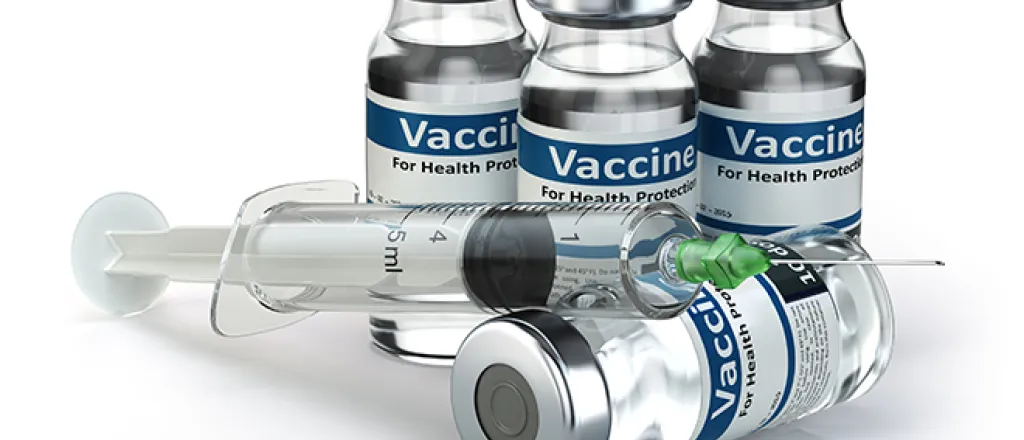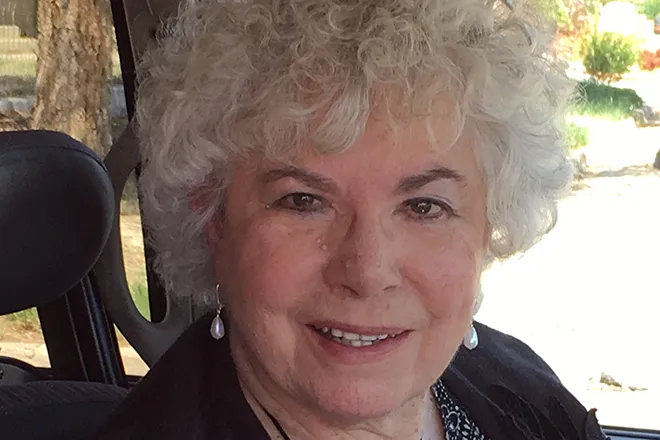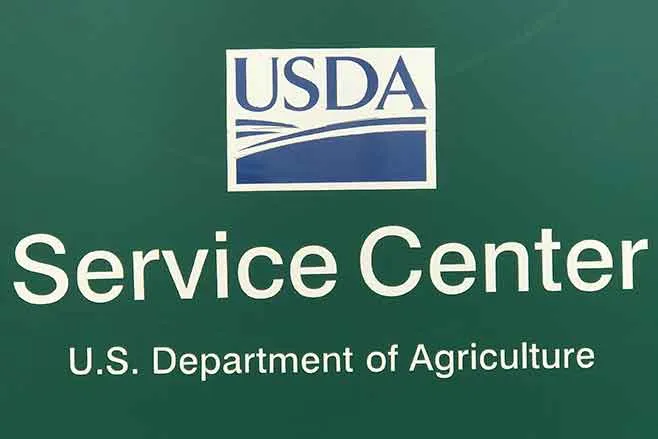
Kiowa County Public Health announces flu shot schedule
Kiowa County Public Health would like to announce their annual flu shot clinics for 2019. Injectable Quadrivalent Vaccine will be available for both children and adults including High Dose vaccine for adults older than 65.
Nasal vaccine will not be available.
Why should you people get vaccinated against the flu?
Influenza is a potentially serious disease that can lead to hospitalization and sometimes even death. Every flu season is different, and influenza infection can affect people differently, but millions of people get the flu every year, hundreds of thousands of people are hospitalized and thousands or tens of thousands of people die from flu-related causes every year. An annual seasonal flu vaccine is the best way to help protect against flu. Vaccination has been shown to have many benefits including reducing the risk of flu illnesses, hospitalizations and even the risk of flu-related death in children.
Can I get seasonal flu even though I got a flu vaccine this year?
Yes. It’s possible to get sick with flu even if you have been vaccinated (although you won’t know for sure unless you get a flu test). This is possible for the following reasons:
- You may be exposed to a flu virus shortly before getting vaccinated or during the period that it takes the body to gain protection after getting vaccinated. This exposure may result in you becoming ill with flu before the vaccine begins to protect you. (Antibodies that provide protection develop in the body about 2 weeks after vaccination.)
- You may be exposed to a flu virus that is not included in the seasonal flu vaccine. There are many different flu vi-ruses that circulate every year. A flu vaccine is made to protect against the three or four flu viruses that research suggests will be most common.
- Unfortunately, some people can become infected with a flu virus a flu vaccine is designed to protect against, despite getting vaccinated. Protection provided by flu vaccination can vary widely, based in part on health and age factors of the person getting vaccinated. In general, a flu vaccine works best among healthy younger adults and older children. Some older people and people with certain chronic illnesses may develop less immunity after vaccination. Flu vaccination is not a perfect tool, but it is the best way to protect against flu infection.
Who should get vaccinated this season?
Routine annual influenza vaccination is recommended by the Centers for Disease Control (CDC) for all persons aged >6 months who do not have contraindications. In general, anyone who wants to reduce their chances of getting the flu can get vaccinated. However, certain people should get vaccinated each year either because they are at high risk, have had serious flu-related complications or because they live with or care for high risk persons. Vaccination to prevent influenza is particularly important for people who are at higher risk for medical complications attributable to severe influenza. Below is a list of all the health and age factors that are known to increase a person’s risk of getting serious complications from the flu:
- Asthma
- Neurologic and neurodevelopment conditions
- Blood disorders (such as sickle cell disease)
- Chronic lung disease (such as chronic obstructive pulmonary disease [COPD] and cystic fibrosis)
- Endocrine disorders (such as diabetes mellitus)
- Heart disease (such as congenital heart disease, congestive heart failure and coronary artery dis-ease)
- Kidney disorders
- Liver disorders
- Metabolic disorders (such as inherited metabolic disorders and mitochondrial disorders)
- People who are obese with a body mass index [BMI] of 40 or higher
- People younger than 19 years of age on long-term aspirin- or salicylate-containing medications.
- People with a weakened immune system due to disease (such as people with HIV or AIDS, or some cancers such as leukemia) or medications (such as those receiving chemotherapy or radiation treatment for cancer, or persons with chronic conditions requiring chronic corticosteroids or other drugs that suppress the immune system)
Other people at high risk from the flu:
- Adults 65 years and older
- Children younger than 2 years old1
- Pregnant women and women up to 2 weeks after the end of pregnancy
- American Indians and Alaska Natives
- People who live in nursing homes and other long-term care facilities
Although all children younger than 5 years old are considered at high risk for serious flu complications, the highest risk is for those younger than 2 years old, with the highest hospitalization and death rates among infants younger than 6 months old
Those residents who are homebound and cannot physically attend a clinic please call our office to be placed on a list to receive a flu vaccination in your home. If you should have any questions, concerns, or for further information please feel free to call Kiowa County Public Health at 719-438-5782.
Kiowa County Public Health Flu Clinic Sites and Schedule
Thursday October 17, 2019
Kiowa County Public Health 4pm-6pm
Wednesday October 30, 2019
Haswell Senior Center 9am-10am
Plainview School & Community 1pm—3pm














